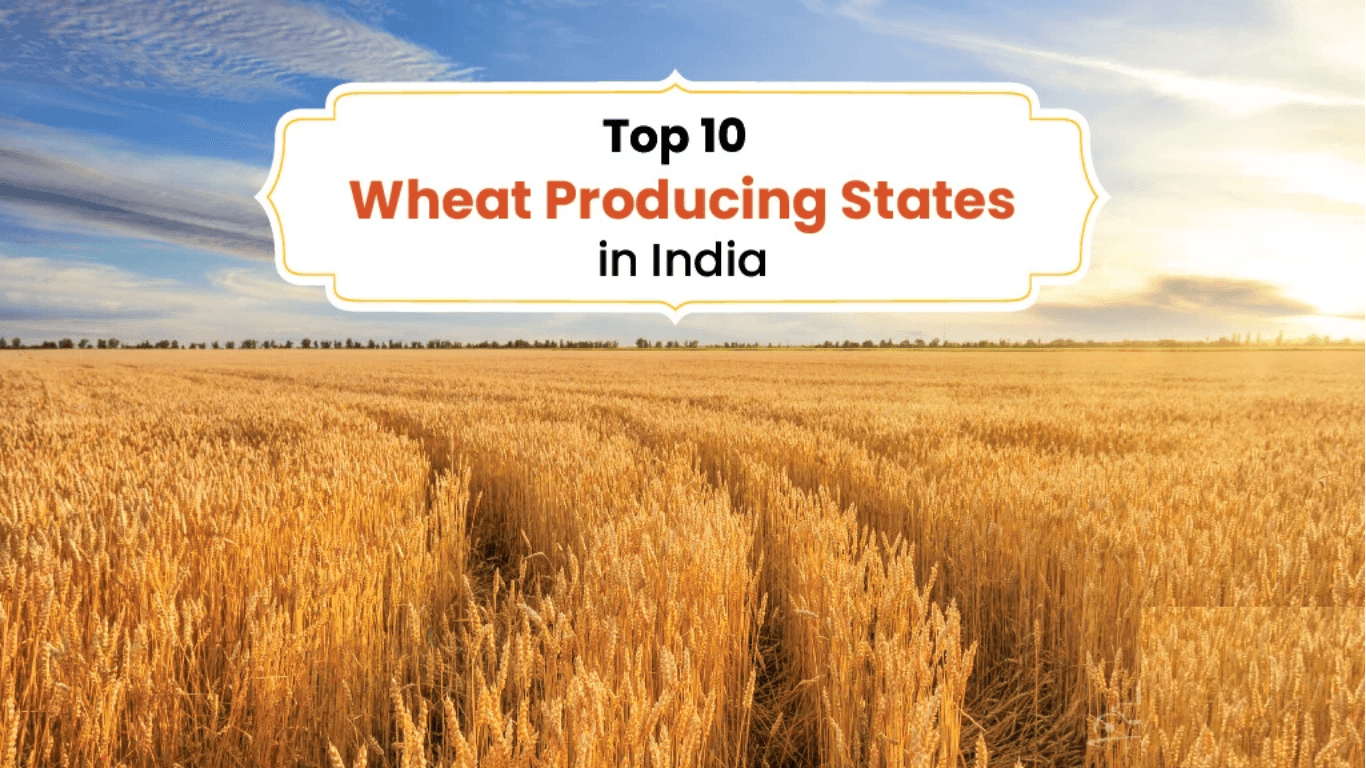Ad
Ad
Exploring the Top 10 Wheat Producing States in India 2024
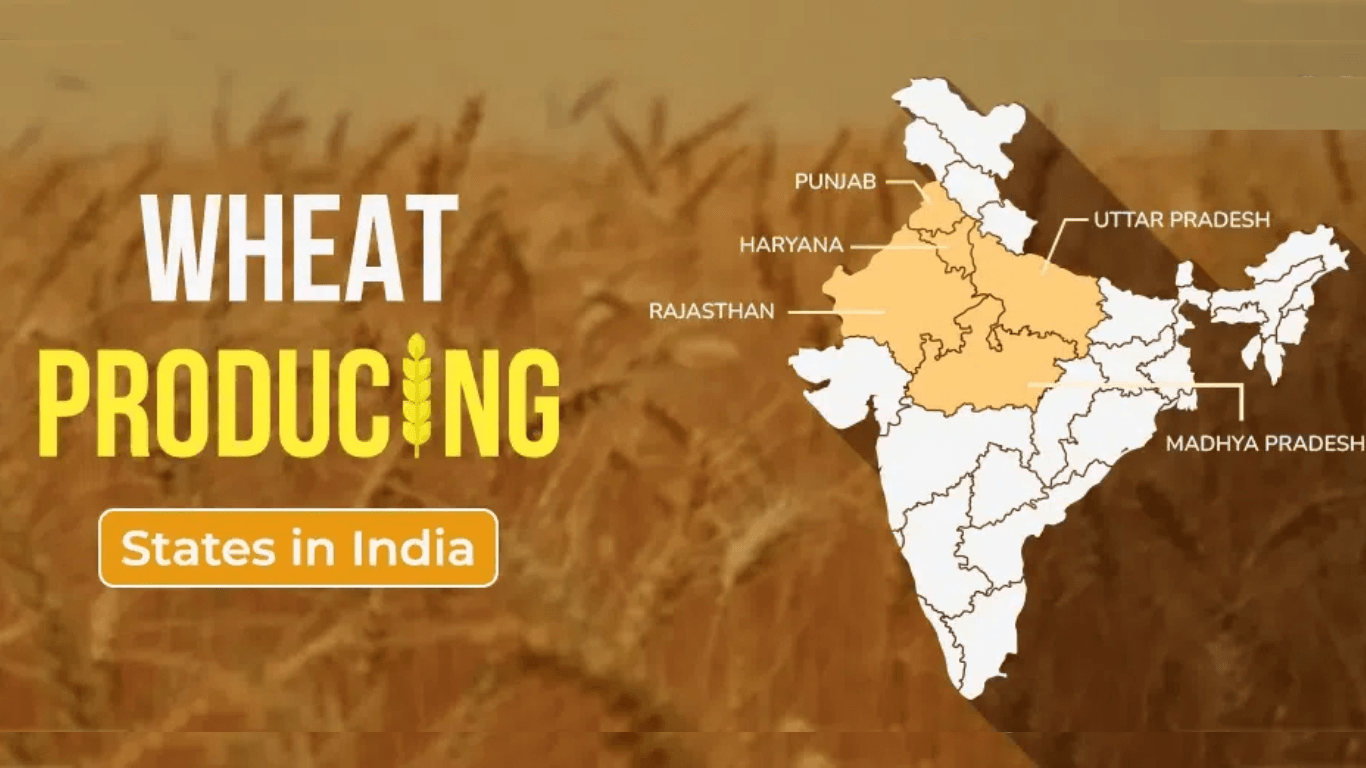
With its diverse geography and rich agricultural heritage, India plays a crucial role in global food supply. Wheat, a staple in the Indian diet, symbolizes food, nutrition, and economic vitality. In this article, we will delve into the top 10 wheat-producing states in India, exploring their agricultural practices, climatic factors, and contributions to the nation's food security.
Wheat: A Global Staple
Wheat, a highly nutritional and widely cultivated cereal grain, ranks as the second most-produced grain globally, surpassed only by corn. Over two-thirds of the world's wheat production is used as food, making it a crucial staple. Rich in carbohydrates, proteins, fiber, vitamins, and minerals, wheat serves as the primary ingredient in staple foods like chapatis, bread, biscuits, and cakes. Additionally, it plays a crucial role in animal feed.
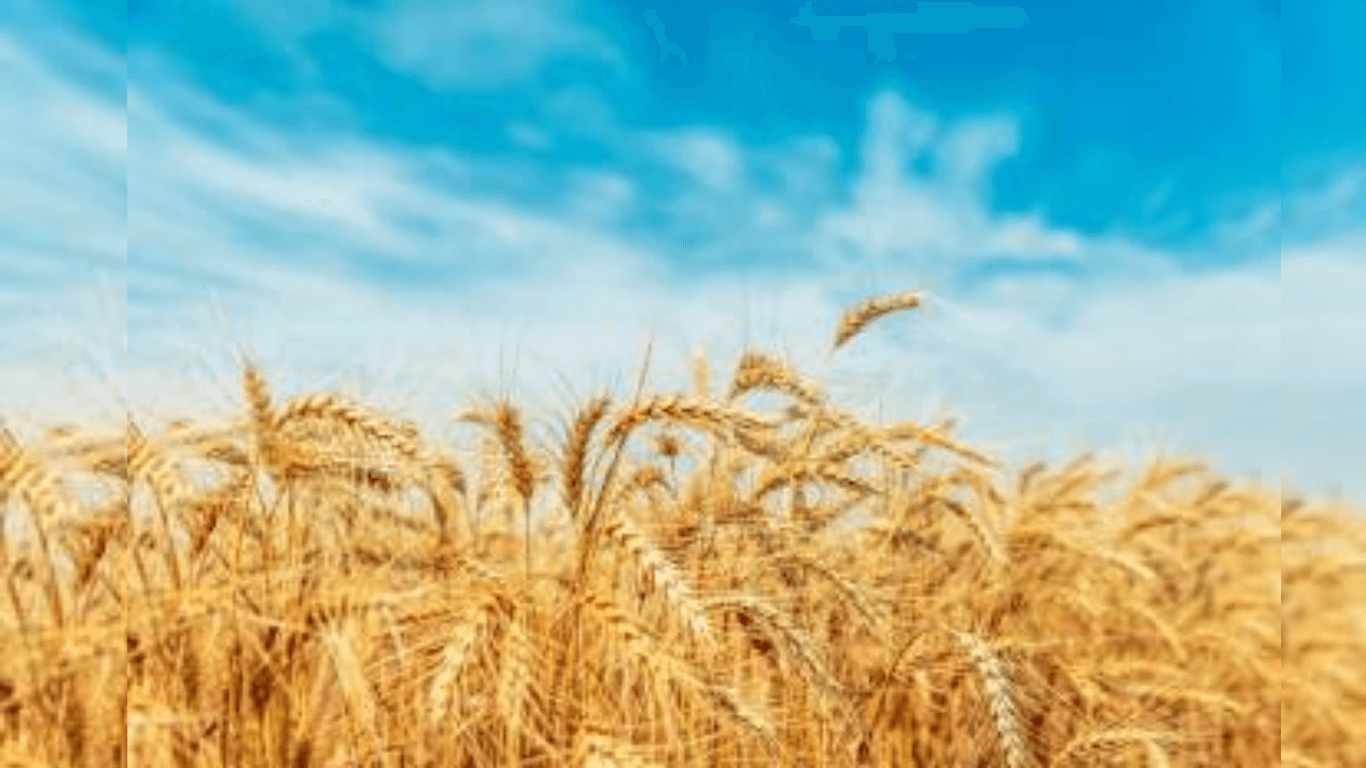
Wheat Growing Regions in India
India's wheat cultivation is concentrated in specific regions known as the "Wheat Belt," spanning various states across the northern and central parts of the country. Each region has distinct climatic conditions contributing to the unique characteristics of the wheat produced.
- The North-Western Plains: Punjab and Haryana, known as the "Granary of India," lead in wheat production due to fertile soils and agriculture-centric policies.
- The Gangetic Plains: Eastern Uttar Pradesh, Bihar, and West Bengal benefit from expansive cultivation areas and rich alluvial soil.
- Northern Rajasthan and Gujarat Plains: Northern Rajasthan and Gujarat contribute to wheat production with semi-arid climates and advanced irrigation techniques.
- The Central Parts: Madhya Pradesh and Chhattisgarh gain prominence due to vast stretches of black cotton soil.
- Peninsular India: Maharashtra and Karnataka witness increased wheat farming, particularly in high-altitude and plateau areas.
- The Hills: Himachal Pradesh, Jammu & Kashmir, and Uttarakhand focus on wheat farming in hilly terrains.
Importance of Wheat in India
Wheat holds a vital position in India's agricultural landscape for three compelling reasons:
- Primary Dietary Component: Wheat is a fundamental grain in the daily diet of a substantial segment of India's population, forming the cornerstone of numerous traditional culinary delights.
- Nutritional Powerhouse: Rich in crucial nutrients, wheat serves as a primary source of vigor and nourishment, contributing significantly to the dietary habits of many Indians.
- Supports Employment and Sustenance: Wheat cultivation is crucial in providing employment opportunities, contributing to the rural economy, and sustaining livelihoods.
Factors Responsible for High-Quality Wheat Production
Several key factors contribute to the production of high-quality wheat in India:
- Optimal Climatic Conditions: Wheat production is influenced by favorable climatic conditions, requiring sufficient rainfall and cool temperatures for optimal growth.
- Enhanced Fertilizer Application: Increased fertilizer application by farmers has played a pivotal role in enhancing wheat yields, contributing to overall production.
- Advancement in Farming Methods: The adoption of sophisticated farming methods, including advanced irrigation techniques and the cultivation of high-yield wheat varieties, has positively impacted wheat output.
Exploring the Top 10 Wheat Producing States
Uttar Pradesh
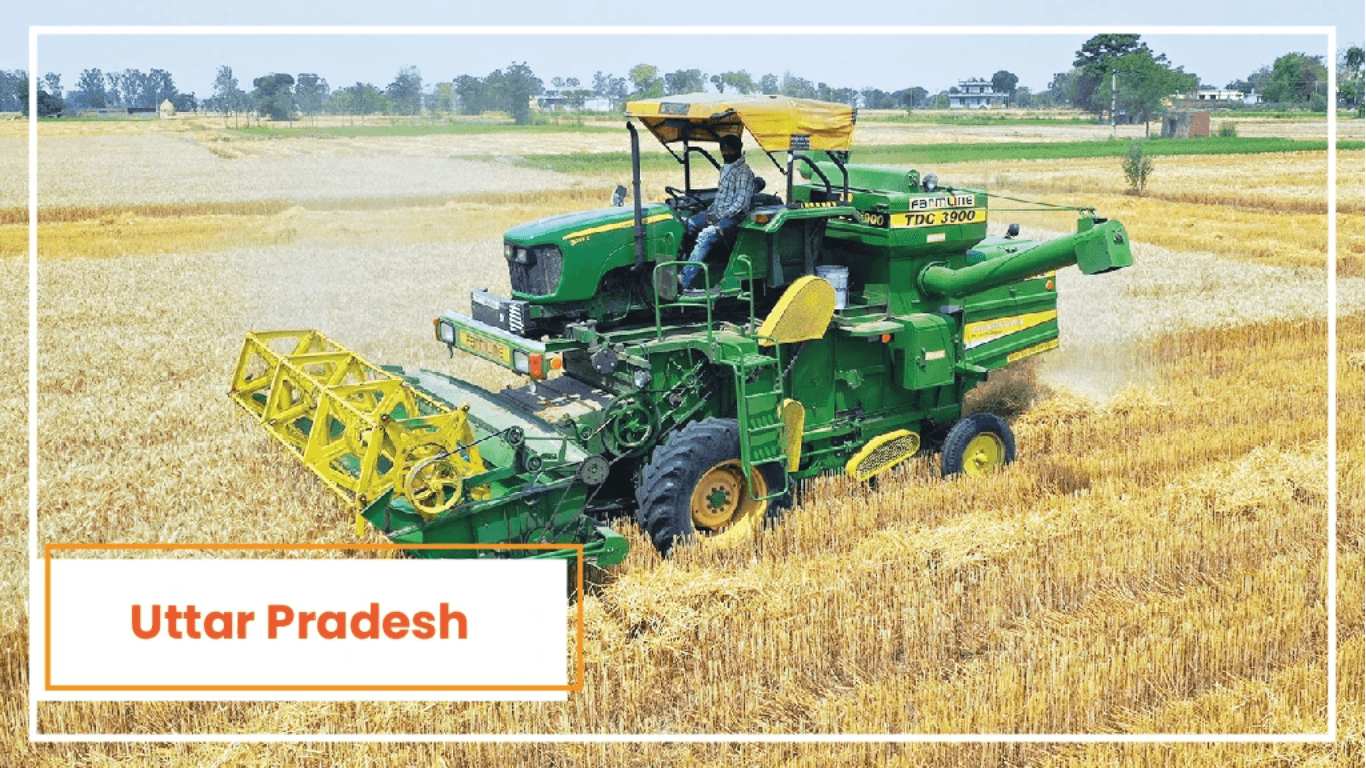
Contributing a significant 31.77% to India's total wheat output leads to the foremost state in wheat production. Favored by fertile Indo-Gangetic plains and efficient irrigation systems, the state's notable districts like Meerut, Muzaffarnagar, and Agra exemplify the success of traditional and modern agricultural practices in achieving high yields. Uttar Pradesh's pivotal role as the granary of India is underscored by its unwavering contribution to meeting the nation's escalating demand for this essential staple.
Madhya Pradesh
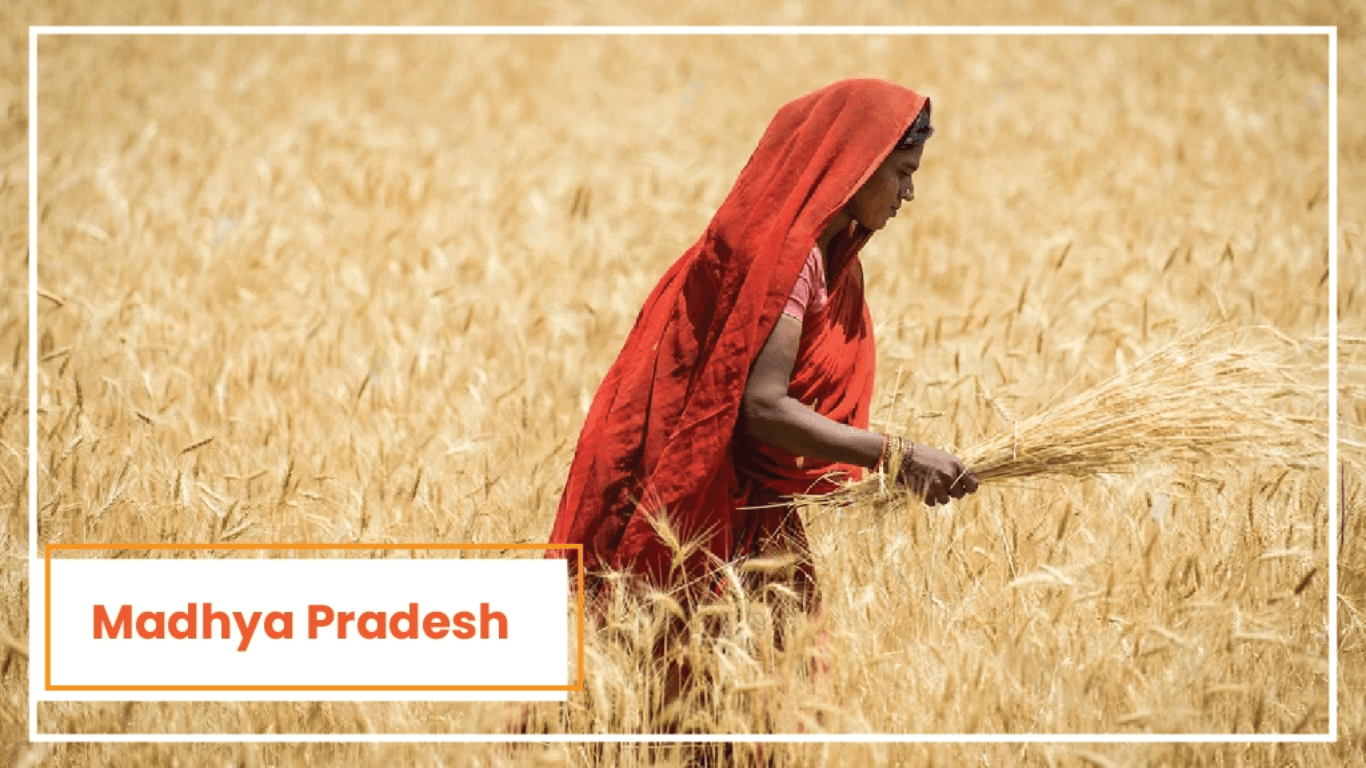
Madhya Pradesh, contributing around 20.98% to India's wheat production, owes its success to the favorable conditions provided by the Malwa plateau region, characterized by black soil and moderate temperatures. Noteworthy districts like Indore, Ujjain, and Bhopal play a crucial role in the state's substantial wheat output. The adoption of sustainable farming practices and advanced technologies in these districts underscores Madhya Pradesh's consistent and significant contribution to India's wheat supply.
Punjab

Punjab, known as the "Granary of India," contributes about 13.87% to the national wheat output. Its success is rooted in the strategic use of fertile alluvial plains and a well-established irrigation infrastructure. Prominent districts like Amritsar, Ludhiana, and Patiala play key roles in Punjab's noteworthy wheat production. This state's ongoing commitment to optimizing its agricultural strengths underscores its vital role in supporting India's wheat supply.
Haryana
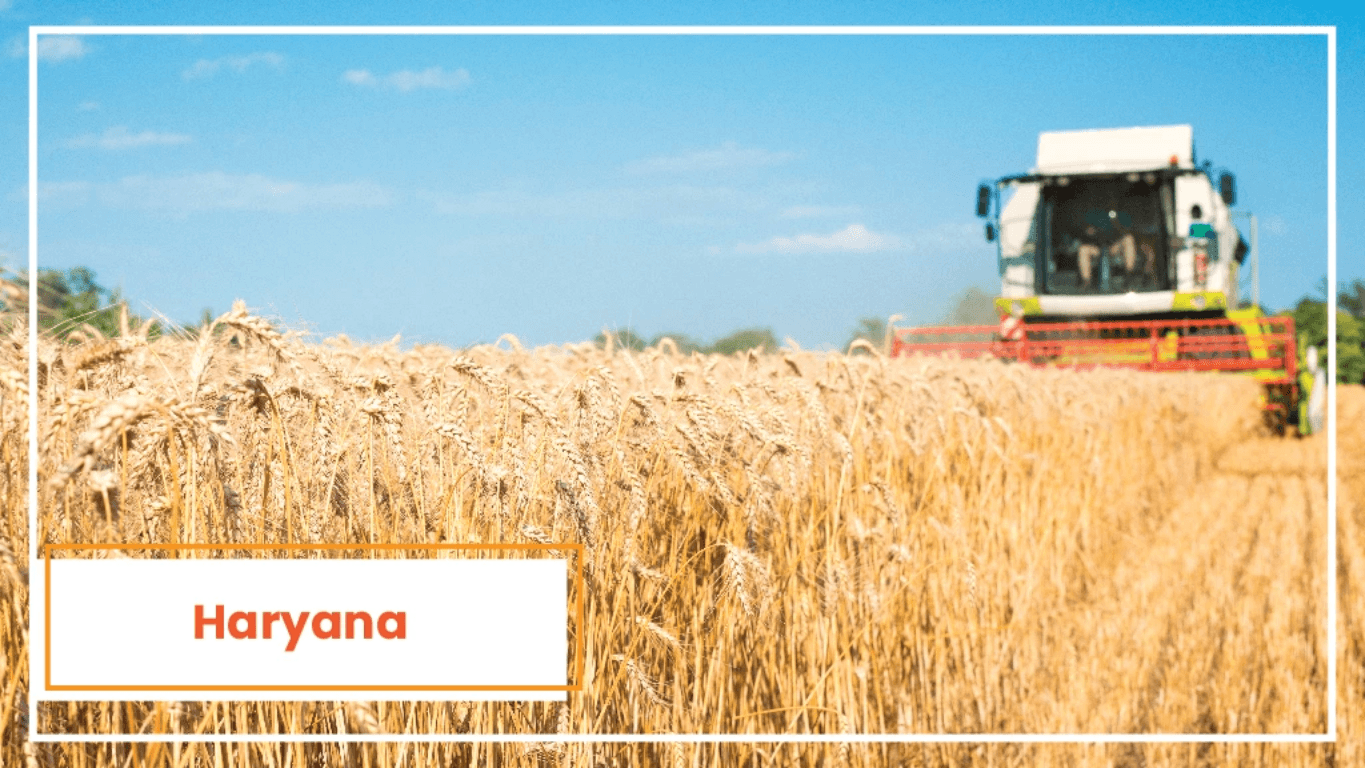
Haryana, sharing fertile plains with Punjab, significantly contributes approximately 11.63% to India's total wheat production. This success is driven by the state's advantageous factors, including fertile plains, efficient irrigation systems, and a robust agricultural infrastructure. Haryana benefits from a suitable climate that supports optimal wheat cultivation. Notable districts like Karnal, Ambala, and Hisar play crucial roles in Haryana's substantial wheat output, showcasing the state's commitment to efficient and productive agricultural practices. Haryana's role in wheat production, complementing its neighboring states, adds to the collective efforts in sustaining India's vital wheat supply.
Rajasthan
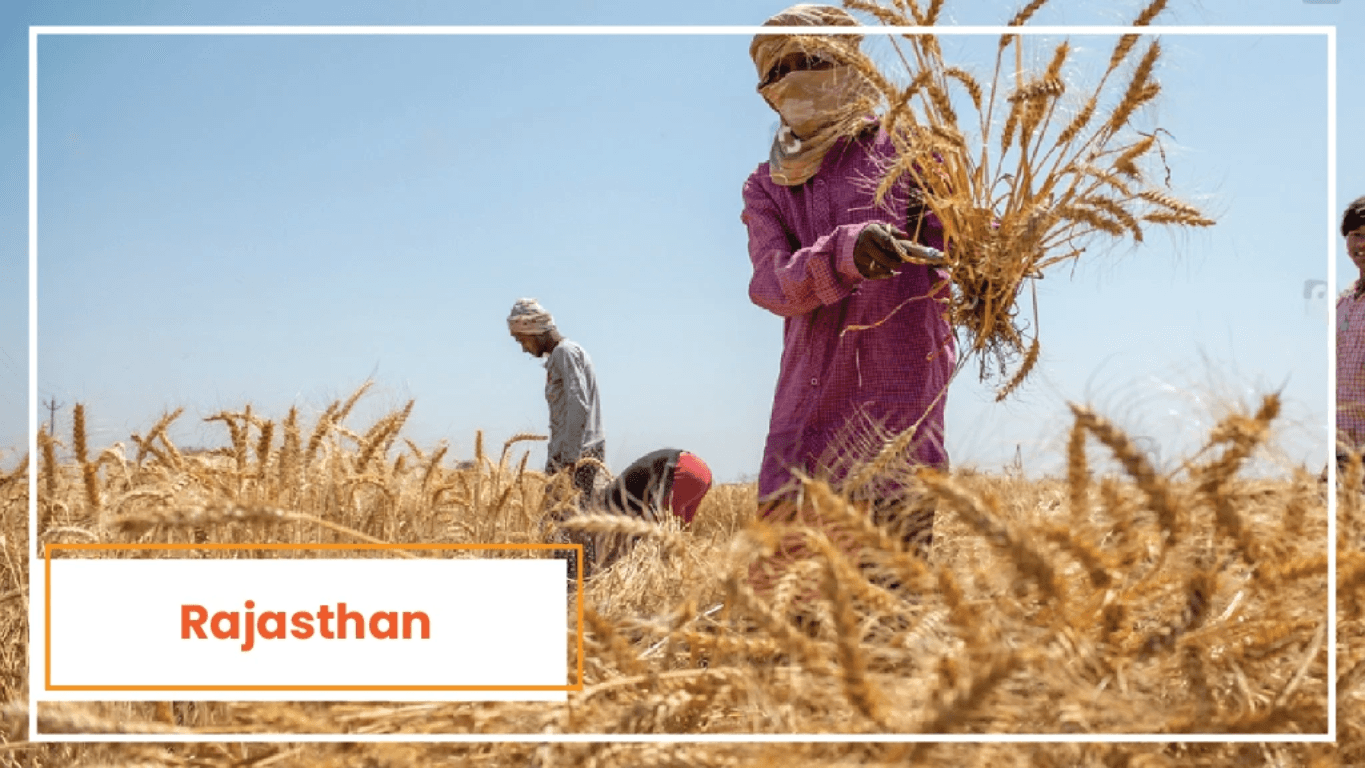
Despite its arid climate, Rajasthan contributes around 9.36% to India's total wheat production. This remarkable achievement is attributed to the state's adoption of advancements in irrigation technologies and the cultivation of drought-resistant wheat varieties. The fertile plains of western Rajasthan provide a solid foundation for successful wheat cultivation. Notable districts like Kota, Bundi, and Jhalawar showcase Rajasthan's commitment to overcoming climatic challenges and embracing innovative agricultural practices, highlighting its resilient contribution to India's vital wheat supply.
Bihar

Bihar, with its fertile Gangetic plains, contributes 8.00% to India's total wheat production. The state utilizes traditional and modern farming techniques to optimize its wheat cultivation. Notable districts like Patna, Gaya, and Bhojpur play essential roles in Bihar's substantial wheat output. This highlights Bihar's commitment to harmoniously integrating agricultural traditions with contemporary methods, showcasing a noteworthy contribution to India's crucial wheat supply.
Gujarat
Gujarat contributes 7.12% to India's wheat production, capitalizing on fertile plains and advancements in irrigation and drought-resistant varieties. The state's success is rooted in creating an optimal environment for wheat cultivation through continuous innovations in irrigation technologies. Prominent districts like Rajkot, Amreli, and Surat showcase Gujarat's commitment to sustainability and its crucial role in India's wheat supply.
Maharashtra
Maharashtra contributes 6.15% to India's wheat production, with the Vidarbha region witnessing increased yields due to improved agricultural practices. Fertile plains and government initiatives support wheat cultivation in districts like Akola, Amravati, and Nagpur, highlighting Maharashtra's significant role in sustaining the nation's wheat supply.
Uttarakhand
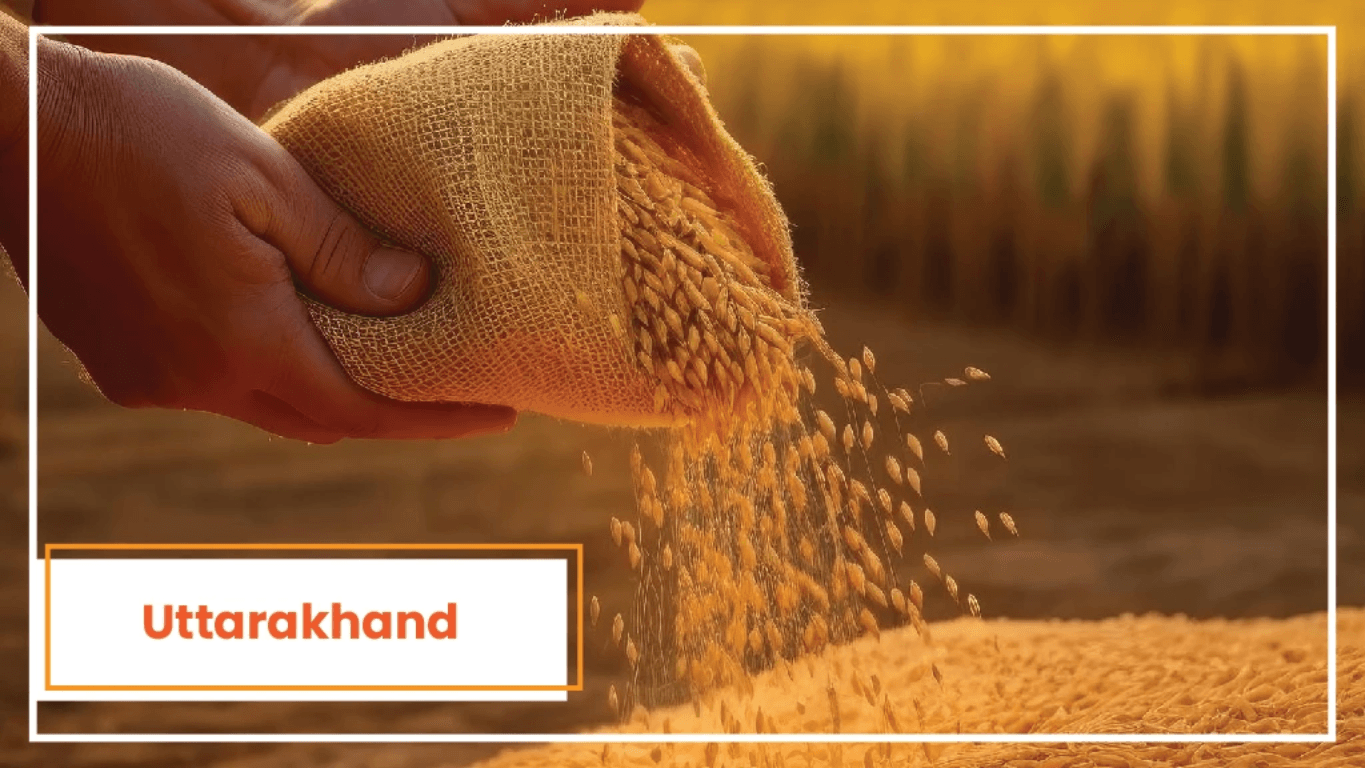
Uttarakhand contributes 5.22% to India's wheat production, leveraging fertile valleys and a moderate climate for optimal cultivation. Prominent districts like Udham Singh Nagar, Haridwar, and Nainital play crucial roles in the state's significant wheat output. Uttarakhand's commitment to utilizing its natural advantages underscores its importance in sustaining India's diverse wheat supply.
West Bengal
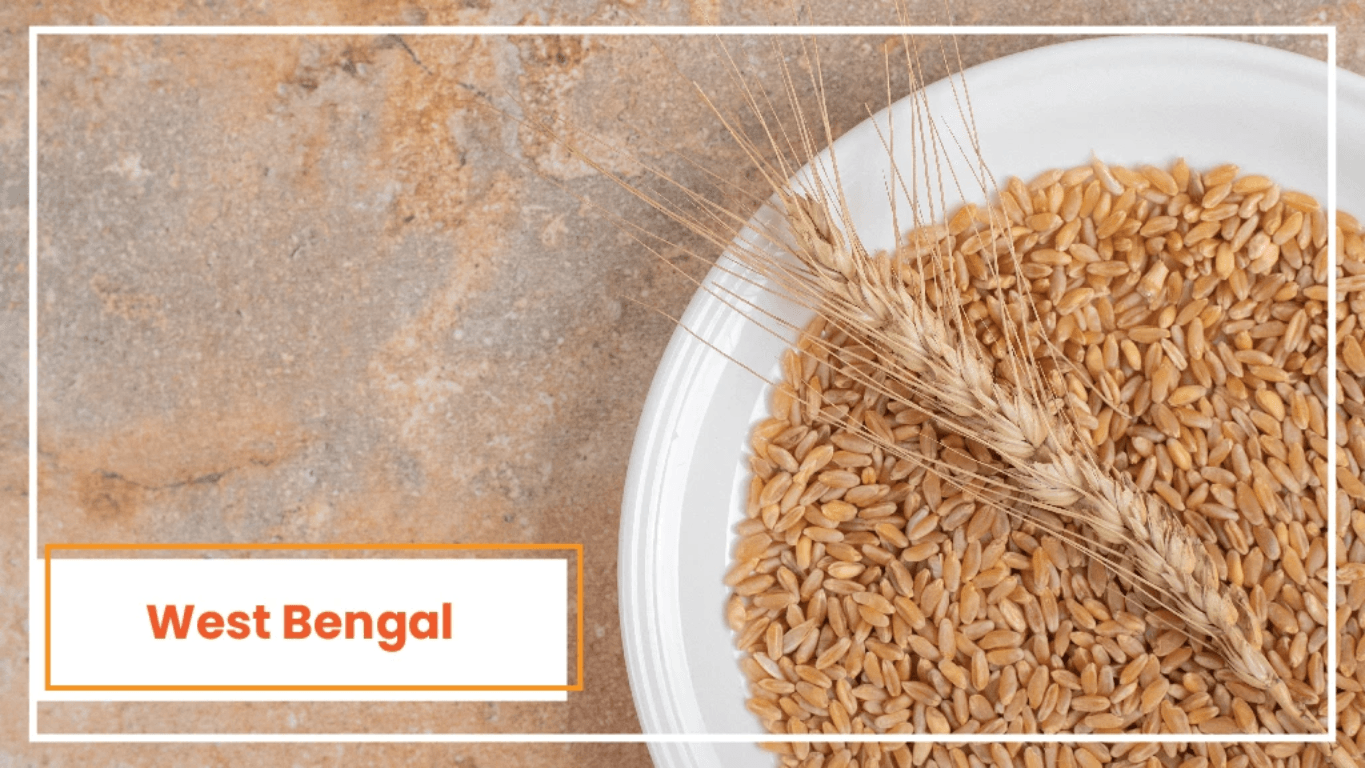
West Bengal contributes approximately 4.89% to India's wheat production, utilizing the fertile plains of the Gangetic Delta and benefiting from adequate rainfall. Prominent districts like Nadia, Murshidabad, and North 24 Parganas play essential roles in the state's wheat output, reflecting West Bengal's commitment to leveraging its natural advantages for sustained agricultural productivity. The state's contribution adds diversity to India's essential wheat supply, showcasing the significance of regional factors in maintaining overall production.
Also Read: Cotton Farming in India: Top 5 Cotton-Farming Tractors in India
CMV360 Says
India's diverse wheat production, led by Uttar Pradesh, Madhya Pradesh, Punjab, Haryana, and Rajasthan, reflects its crucial role in global food supply. As wheat holds paramount importance in India's diet and economy, continued efforts must address challenges for sustained production, ensuring food security and resilience in the face of environmental changes.
Features & Articles
Modern Tractors and Precision Farming: Transforming Agriculture for Sustainability
Precision farming enhances agriculture by integrating GPS, AI, and modern tractors for sustainable, efficient, and productive farming practices in India....
05-Feb-25 11:57 AM
Read Full NewsTop 10 Tractors Under 30 HP in India 2025: Guide
Top 10 tractors under 30 HP in India offer efficiency, affordability, and power, ideal for small farms with diverse agricultural needs....
03-Feb-25 01:17 PM
Read Full NewsNew Holland 3630 TX Super Plus vs Farmtrac 60 PowerMaxx: Detailed Comparison
Compare New Holland 3630 and Farmtrac 60 tractors by specs, price, and features to find the perfect fit for your farm....
15-Jan-25 12:23 PM
Read Full NewsSwaraj 735 FE Vs Eicher 380 2WD Prima G3: Detailed Comparison
The Swaraj 735 FE and Eicher 380 2WD Prima G3 are reliable, powerful tractors suited for various farming tasks....
14-Jan-25 09:41 AM
Read Full NewsHow to Choose the Perfect Tractor for Your Farm: A Comprehensive Guide
Choose the right tractor by assessing farm needs, horsepower, efficiency, comfort, and budget to enhance productivity and savings....
09-Jan-25 09:43 AM
Read Full NewsTop 7 Sonalika Mini Tractors for Efficient Farming
Explore the top 7 Sonalika mini tractors, featuring compact designs, advanced features, and affordable prices for efficient farming....
06-Jan-25 10:27 AM
Read Full NewsAd
Ad
As featured on:


Registered Office Address
Delente Technologies Pvt. Ltd.
M3M Cosmopolitan, 12th Cosmopolitan,
Golf Course Ext Rd, Sector 66, Gurugram, Haryana
pincode - 122002
